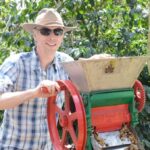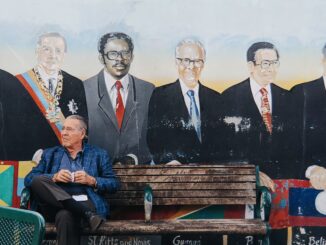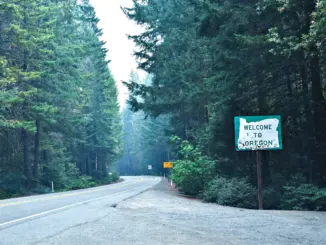
I apologize for the lateness of this post. Let’s Talk Coffee 2009 actually wrapped up on Sunday after attendees were offered an opportunity to visit the coffee farm Selva Negra where earlier the teams of baristas had participated in the Seed to Cup Challenge. Unfortunately, I was not able to go on that trip and had to catch a 3 am ride to the airport of Sunday instead. So though I’ve been back in the States since late Sunday night, I’ve just been catching up on work and sadly neglecting my blogging duties. Well, that changes now!

The second (first official) day began with a number of presentations including Judy Ganes-Chase speaking about industry trends and Bruce Miletto talking about coffee retailing worldwide. As the presentations continued, the national baristas were tasked with setting up a coffee break featuring espressos and cappuccinos for all of the attendees. Then at the end of the day, the national baristas were tasked with preparing more than 20 single origin coffees as espresso as a competition. The coffees were narrowed down to six finalists.

So the third (second official) day of the event began with David Griswold unveiling Sustainable Harvest’s new RITS web and iPhone app that can trace a lot of coffee from farmer to barista and connect all of the people along the way. It’s really a pretty cool idea and among other things could actually give real-time chain of information all the way from the people growing the coffee right through to the people making and consuming it.

We were also treated to a 10-minute film from the Seed to Cup Challenge. The editors had some 30 hours of footage to cut down, so there’s plenty left unseen, and there are even hopes to turn it into something that may be featured on the Food Network. Let’s hope so.

Sara from Sustainable Harvet’s Africa office in Tanzania gave a presentation on a fascinating new program where women are taught how to raise mushrooms (for consumption and possible sale) using coffee pulp for fertilizer and bedding. The program hopes to alleviate some food scarcity pressure while simultaneously offering a way for women to increase their financial standing.

Presentations were also given on health benefits of coffee, global trends in coffee consumption, raising honey bees on your coffee farm, and a history of coffee marketing. Then the Seed to Cup teams participated in their final challenge, serving the coffee they had picked, processed and roasted as espresso and cappuccinos.


Whew. A very busy couple of days.

At the end of the final night the winning barista team was announced and much dancing and celebration ensued.






